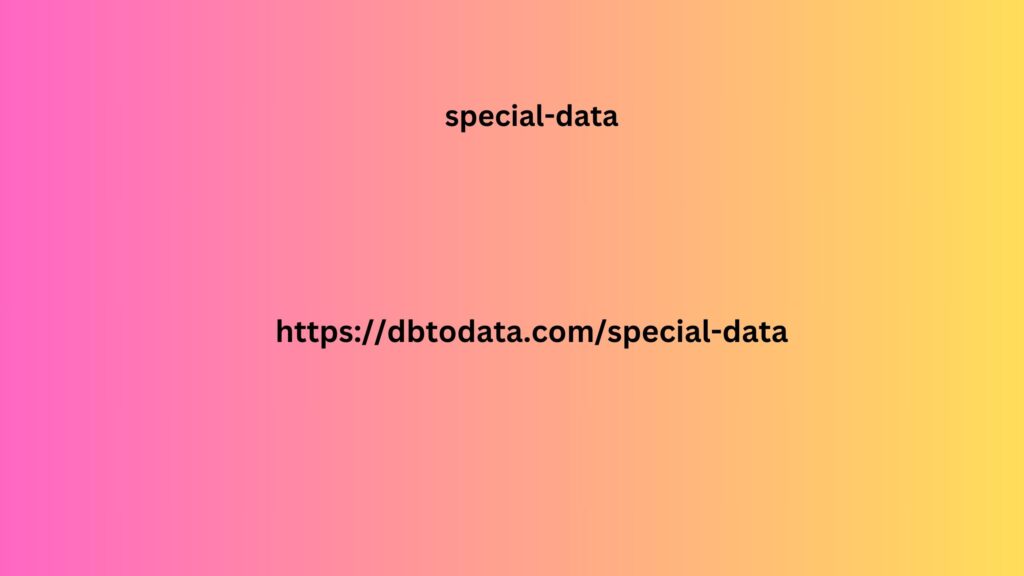to adapt your web pages to the latest algorithm changes if you want your website to stay on top. The most important factors for rankings are: Links – Every link These regular updates to a website is considered a vote for that site. Generally, the more links you get, the higher you will rank. However, this does not work like a democratic system: not every link has the same weight, since there are “good” and “bad” links.
In fact, bad links may even
result in the opposite of your intentions and rich people database get your rankings down instead of up. Keywords – Search engines check how often a keyword is mentioned on your page, for example in the URL, title, headings, content and meta data. The more often a keyword is found, the more relevant your page will be considered for a search query containing this keyword. Site Age – Old websites are considered to be more authoritative than new websites.
Freshness – Regular updates
on your website show search engines that your site is still alive. Implementing a blog, adding new pages and updating old pages will all work towards this. Other factors – Such as page load speed, site structure, social shares, accessibility, friendly URLs etc. What does SEO have to do with this? The ultimate goal is to show crawlers – and users! – what your web pages are all about. If you are selling Tupperware that glows in the dark, you will most likely want to rank high for specific keywords.
Therefore, if someone searches for
“glow-in-the-dark home products”, your aim is to rank as high as possible in the results. Why? Well, think back and try to remember the last time you actually went to page 2 of the search engine results pages after searching for something. How about page 3? The simple rule here is: the higher the ranking of a web page, the higher the click-through-rate (CTR). This is where SEO comes in. Through SEO, you can ensure that your site is accessible to crawlers, that they understand the structure of your website, and what your website is about.
SEO helps your site rank high
for keywords that are most relevant and most popular to your site. After all, what good is it if you rank high for search terms that no one ever looks for? Additionally, SEO makes sure that you get relevant traffic to your site, and that your pages are as accessible pillar page of resources and user-friendly as possible. In the end, it’s not all about search engines at all. How does SEO
On-page optimisation covers
anything that will be done on the website itself, whereas off-page optimisation consists of activities that take place elsewhere, such as link development. An integrated approach where on-page content is promoted by off-page channels like. Social media, has proven malaysia data to be the most successful and effective strategy. On-page SEO On-page SEO aims to make your website appeal to both users and search engines. To do this, it looks at the website’s public facing side as well as behind the scenes.

